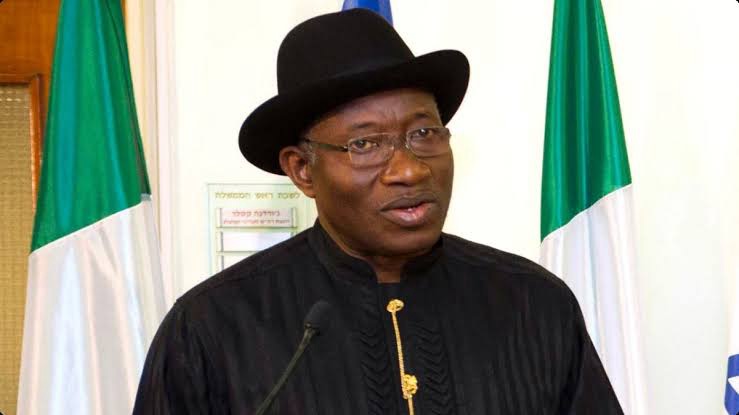A recent development in Nigeria’s political landscape has sparked intense debate and raised questions about the country’s constitutional framework. A Federal High Court in Abuja has been petitioned to bar former President Goodluck Jonathan from contesting the 2027 presidential election.
The suit, filed by lawyer Johnmary Chukwukasi Jideobi, challenges Jonathan’s eligibility to run for the presidency again, citing constitutional provisions that limit a president to a maximum of two terms.
The Constitutional Conundrum
At the heart of the matter lies the interpretation of Sections 1(1), (2), (3), and 137(3) of the 1999 Constitution of Nigeria (as amended). The plaintiff argues that these provisions collectively bar Jonathan from seeking the presidency again, given his previous stint in office. Jonathan served as president from 2010 to 2015, first completing the unexpired term of President Umaru Musa Yar’Adua and then being elected for a full term in 2011. The plaintiff contends that this amounts to more than the constitutionally mandated two terms.
The Reliefs Sought
The plaintiff has sought four key reliefs from the court, which could have far-reaching implications for Jonathan’s political future and the country’s democratic landscape. These include:
- A Declaration of Ineligibility: A declaration that Jonathan is constitutionally ineligible to stand for or occupy the office of the President of Nigeria.
- Restraint on INEC: An order restraining the Independent National Electoral Commission (INEC) from accepting or publishing Jonathan’s name as a candidate for any political party in the 2027 presidential election.
- Perpetual Injunction: An order of perpetual injunction restraining Jonathan from presenting himself to any political party for nomination as a presidential candidate.
- Constitutional Interpretation: A declaration that INEC lacks the constitutional power to receive Jonathan’s name or publish it as a candidate for the presidential election.
Implications of the Suit
The outcome of this case could have significant implications for Nigeria’s democracy. If the court grants the injunction, it could set a historic precedent, effectively disqualifying a former president from future contests based on constitutional interpretation. This would underscore the importance of adhering to constitutional provisions and the rule of law.
A Test of the Constitution
As the case unfolds, it will be closely watched by political analysts, legal experts, and the general public. The court’s decision will provide clarity on the interpretation of the constitution and set a precedent for future cases. Will the court uphold the constitution, or will it rule in favor of Jonathan’s eligibility? Only time will tell.
The Road Ahead
The suit has sparked a heated debate about the constitution and its application. As the case progresses, it is essential to consider the potential implications for Nigeria’s democratic landscape.
Will this case strengthen the country’s institutions, or will it create uncertainty and instability? The outcome will have far-reaching consequences for Nigeria’s political future.


